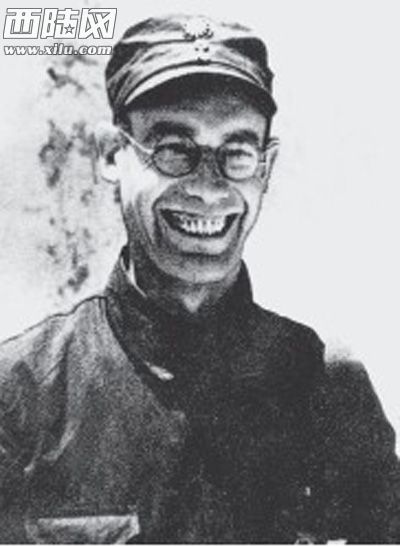


 |
|
Li De [Xilu.com] |
Li De, a military advisor from Comintern
Otto Braun (1900 –1974), a German Communist from the Soviet Union, worked as a Comintern agent sent to China and advised the Communist Party of China (CPC) on military strategies during the 1930s.
Braun not only went through the Long March, but was also a proposer of embarking on such a march. And his incorrect command during the early period of the strategic shift took a heavy toll on the CPC forces.
In 1932, following his graduation from the Frunze Academy, Braun was sent to China by the Comintern. He traveled to Shanghai and began to advise the Party on military strategy.
In September of 1933, Braun arrived in Ruijin, then the capital of the Chinese Soviet Republic, where he became a military adviser. Afterwards, he started to use his Chinese name Li De.
Despite his good wishes for the Chinese revolution, Braun's intervention and insufficient command resulted in the failure of the fifth anti-encirclement campaign, imposing huge losses on the Party and its army forces.
The Party decided to start the Long March as a strategic shift.
In the later part of 1934, Braun assumed a position of command in the early First Front Army, together with Zhou Enlai and Bo Gu. Braun advocated that the First Front Army directly attack the far larger and better equipped Kuo Min Tang (KMT) Army. The First Front Army's suffered great casualties, and CPC forces were hard hit.
In 1935, Braun and Bo Gu were removed from the military command group at the Party's Zunyi Conference. The new military commanders were Mao Zedong, Zhou Enlai and Wang Jiaxiang.
Still, Braun participated in and finished the Long March along with the Party in October 1935. No longer holding a military command, he was mainly involved in advisory work and teaching tactics.
In August of 1939, Braun flew to Moscow and never came back to China.
